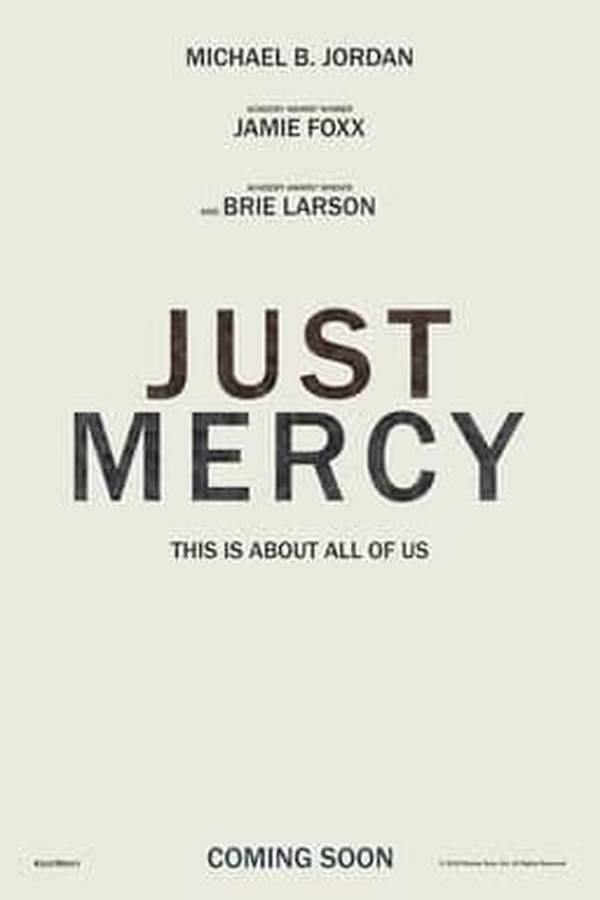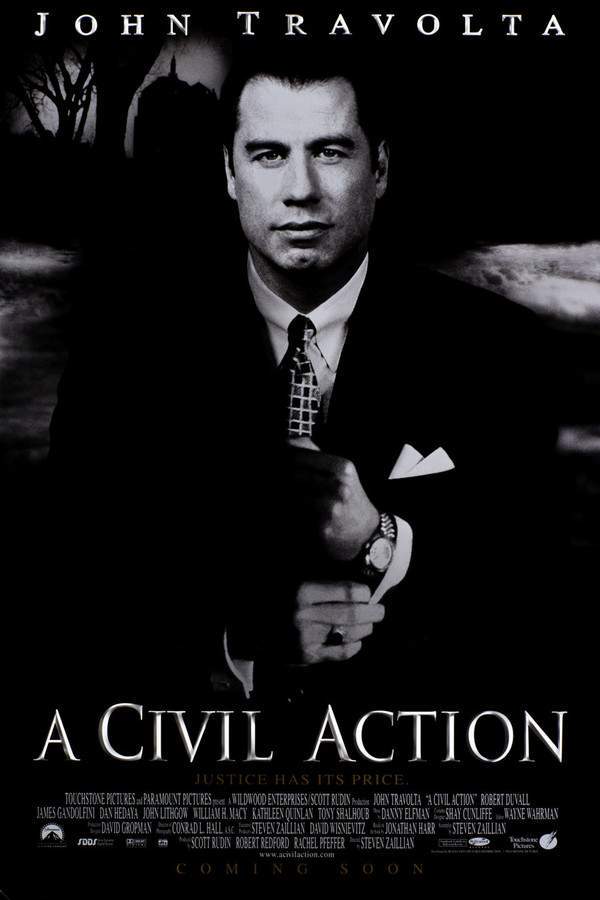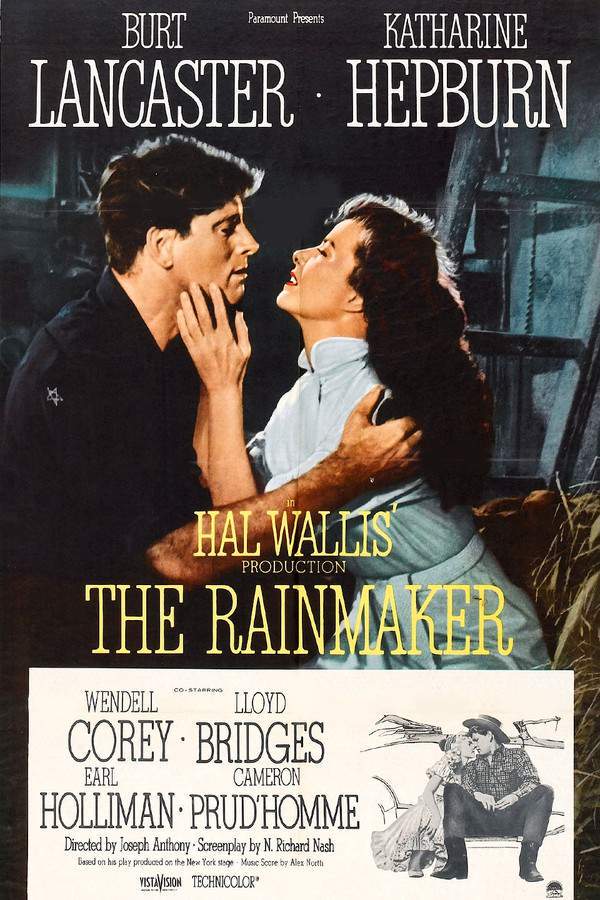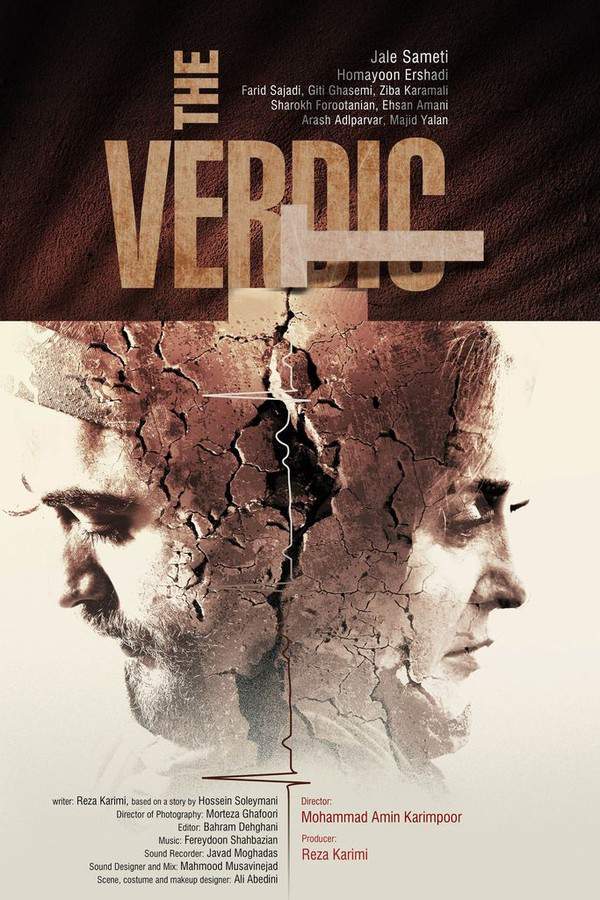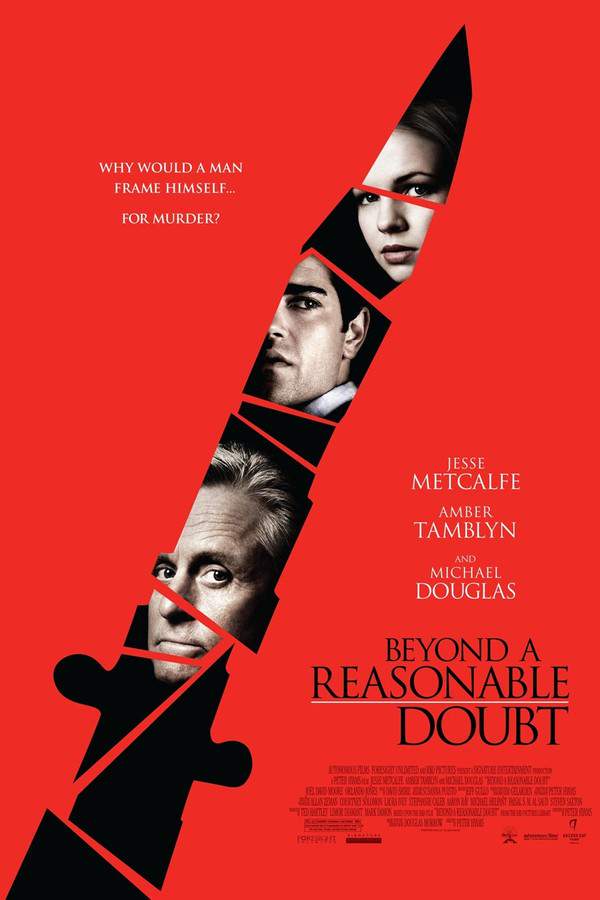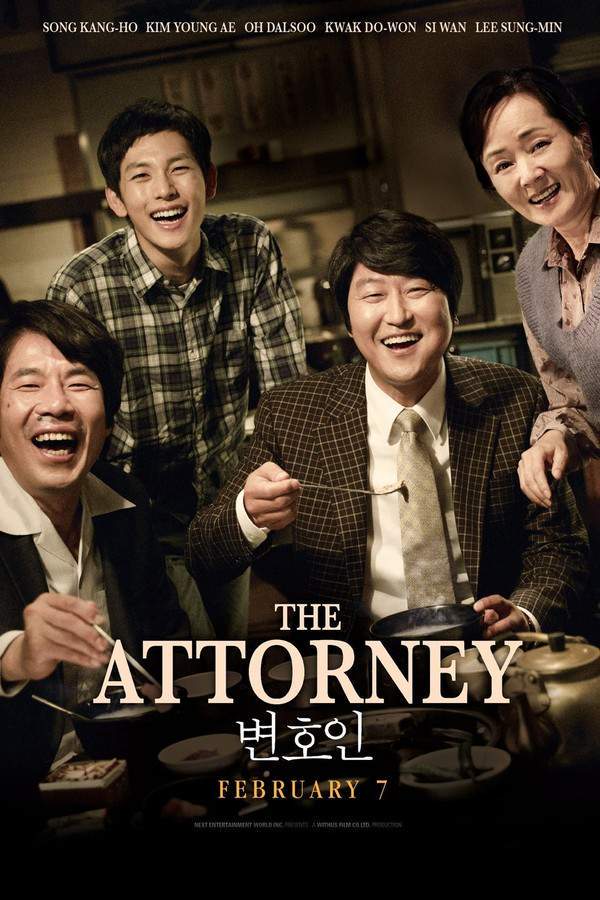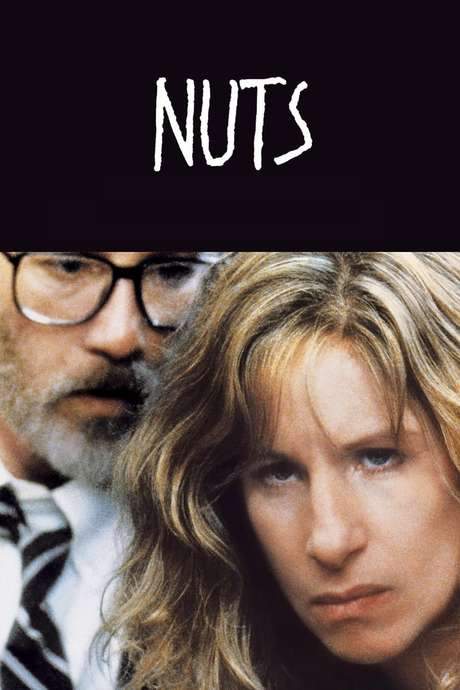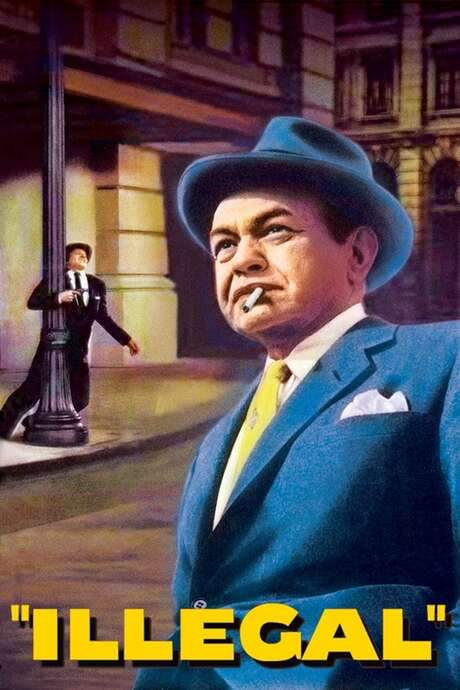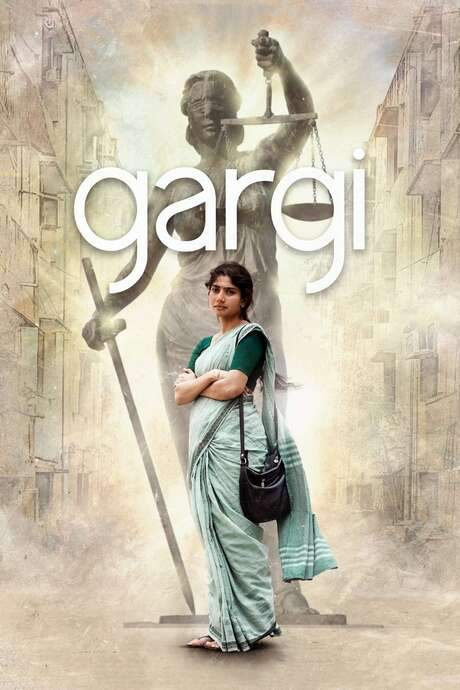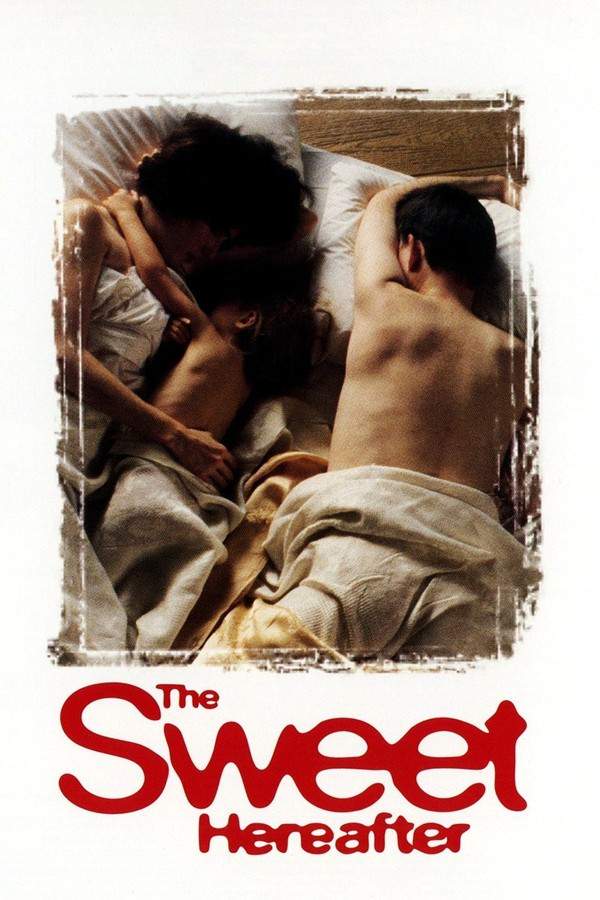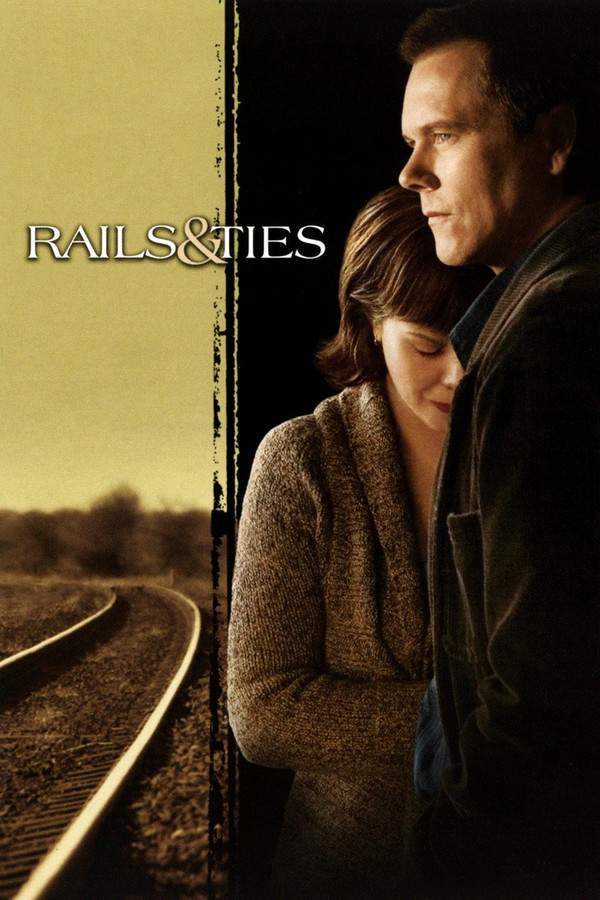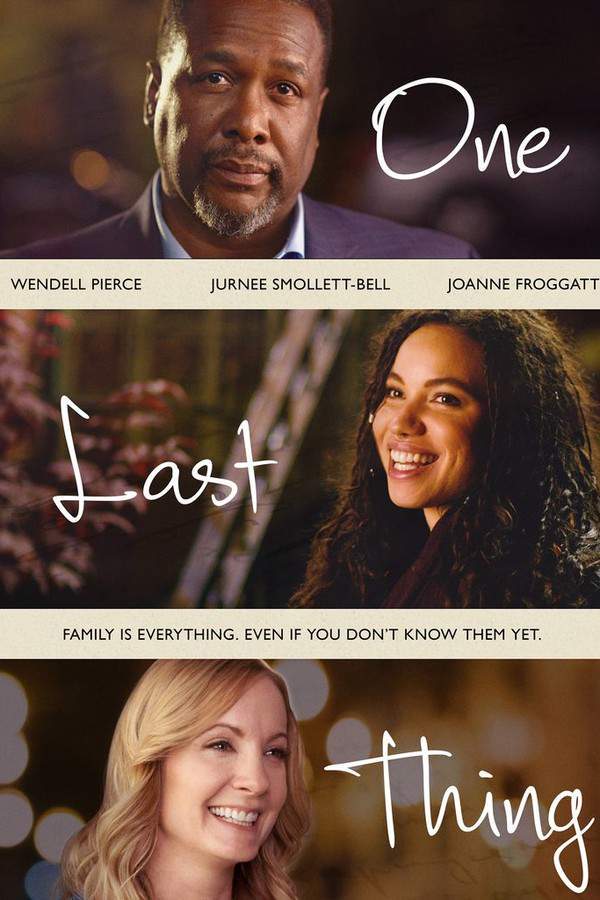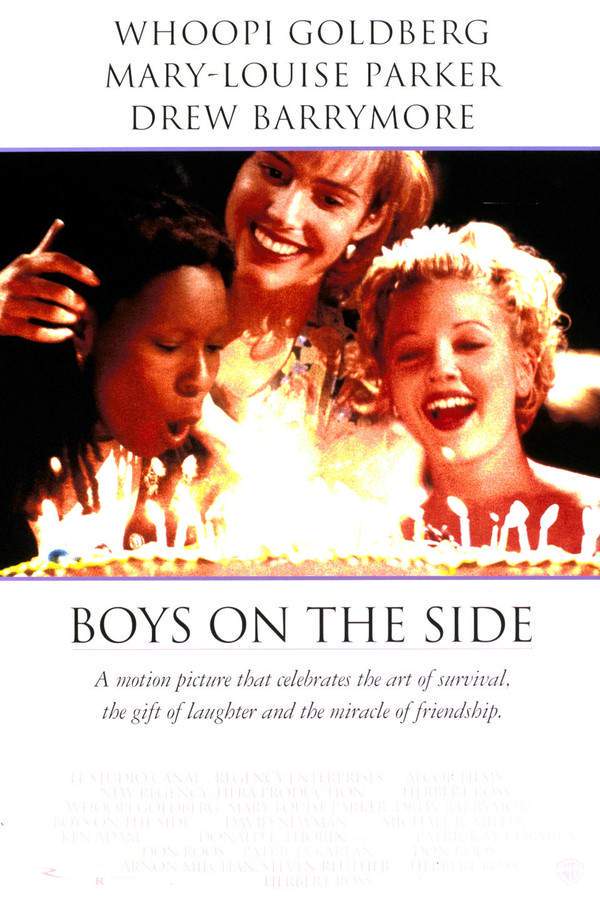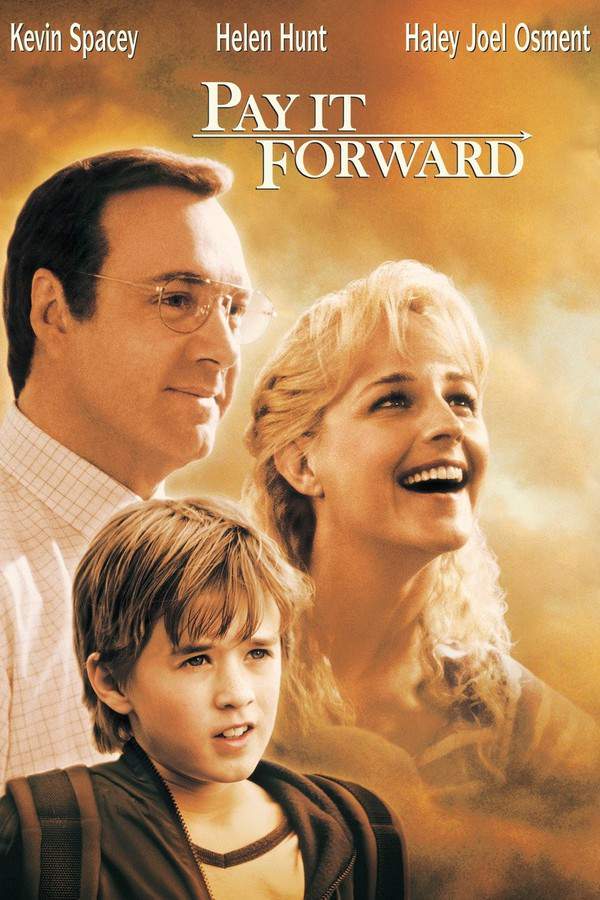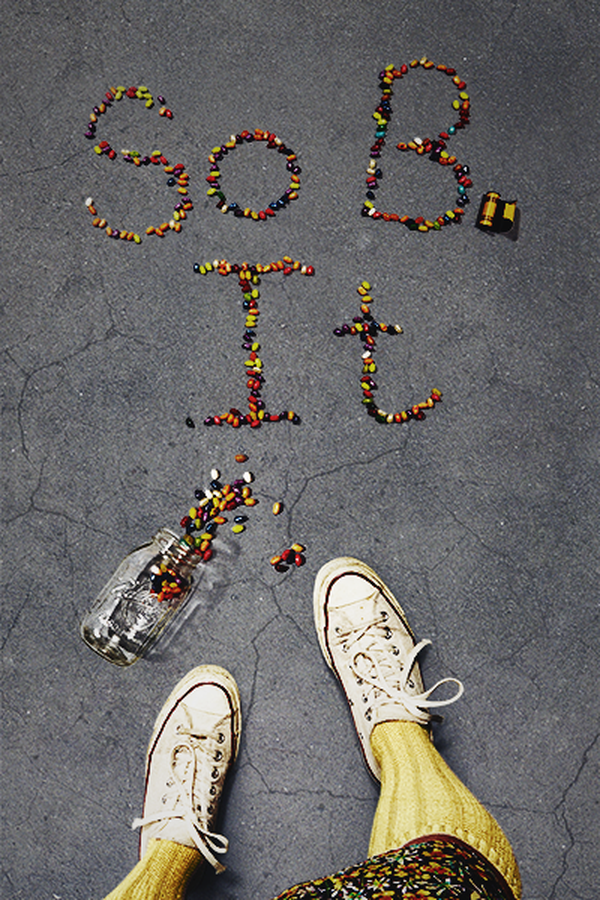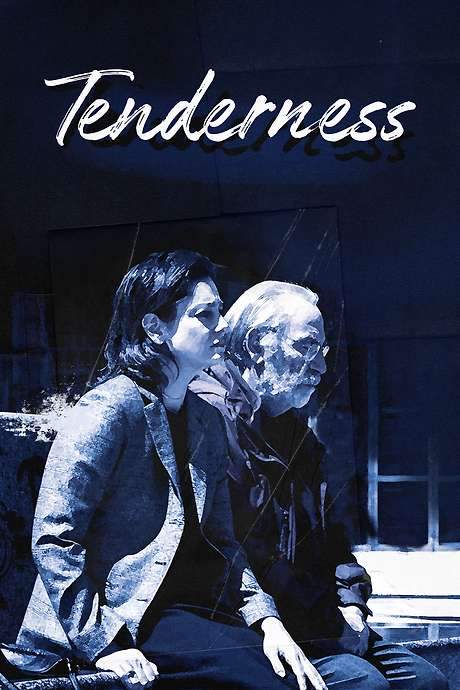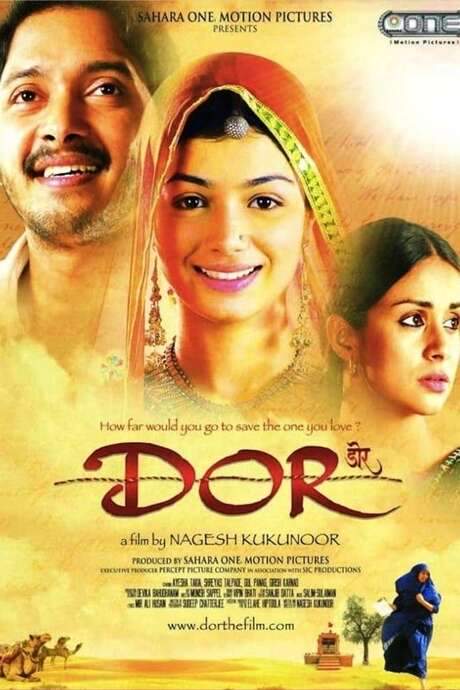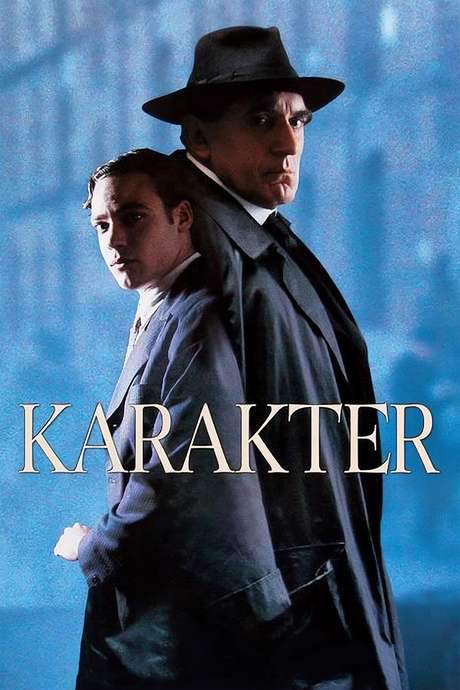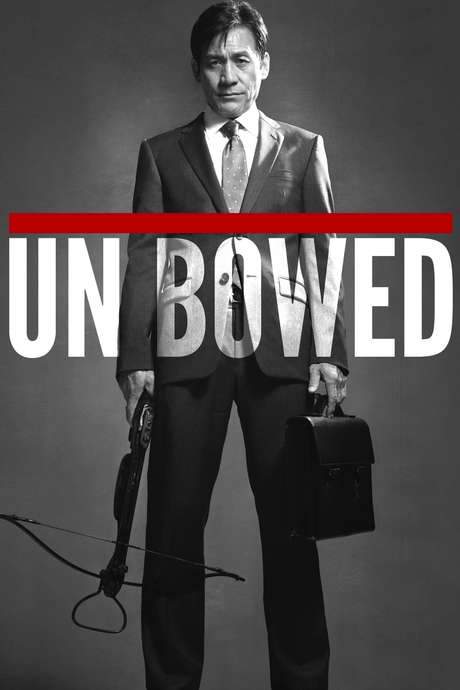
Unbowed
Year: 2011
Runtime: 100 mins
Language: Korean
Director: Chung Ji-young
A conscientious professor finds himself pitted against a corrupt judicial system when he is charged with assault after firing a crossbow at the judge presiding over his appeal of an unjust dismissal. Inspired by the true story of Kim Kyung‑ho, the film examines the clash between law‑abiding citizens and judges who abuse their authority.
Warning: spoilers below!
Haven’t seen Unbowed yet? This summary contains major spoilers. Bookmark the page, watch the movie, and come back for the full breakdown. If you're ready, scroll on and relive the story!
Unbowed (2011) – Full Plot Summary & Ending Explained
Read the complete plot breakdown of Unbowed (2011), including all key story events, major twists, and the ending explained in detail. Discover what really happened—and what it all means.
In 1995, an untenured professor of mathematics named Kim Ahn Sung-ki exposes a flaw in the College Scholastic Ability Test, triggering the public humiliation of the professors who drafted it. This bold move sets off a chain of consequences: despite the strength of his research, Kim is denied tenure and forced to resign. He moves to the United States for a time, chasing opportunities abroad, but returns to South Korea when laws are amended to allow rejected professors to file wrongful dismissal lawsuits. The clash between merit and institutional protection becomes the central tension of his career and life.
By 2007, with his case exhausted and his appeal dismissed, Kim decides to confront the appeals judge outside the judge’s residence, bringing along a sporting cross-bow that mirrors a personal hobby. A physical struggle follows and Kim is arrested. The judge, initially appearing uninjured, disappears briefly and reemerges with a minor abdominal puncture, prompting a hospital visit. An assault on a judge is treated as a grave crime, drawing widespread media and public attention and turning Kim into a focal point of a broader debate about justice and accountability.
Park Park Won-sang, a debt-ridden lawyer, is approached by Kim’s wife to take on the case. He hesitates due to his own struggles, including alcohol problems, and the scenario becomes more complicated when Kim’s wife changes her mind about his involvement. Kim’s trial proceeds with a different legal advocate, but Kim ultimately pleads No Contest in response to what he sees as prejudice and dishonesty from the trial judge. While in prison, Kim files for an appeal and, at the suggestion of a journalist named Jang, he hires Park to rebuild his challenge to the prosecution’s narrative. What unfolds is a relentless legal wrestling match in which Kim, though incarcerated, repeatedly cites constitutional rights and relevant laws to challenge the integrity of the proceedings. He also scrutinizes the prosecutor’s evidence and the victim’s testimony, highlighting inconsistencies and procedural gaps that raise serious questions about the case.
As the hearings progress, the appeals judge resigns rather than render a ruling that would favor Kim. A new appeals judge steps in, but this replacement appears determined to obstruct the process and shield the prosecutor, even though it becomes evident that Kim never fired the weapon that caused harm. The victim’s account is contradicted by the timeline—reports indicate the victim stabbed himself soon after Kim’s arrest, and blood-stained clothes were procured by his relatives much later—raising questions about the investigations and the reliability of the testimony. Public sentiment oscillates between protests demanding Kim’s innocence and institutional calls for a verdict aligned with the prosecution’s narrative. In a moment of protest, Park contemplates pouring water on the appeals judge, a move that could lead to his imprisonment, but journalist Jang intervenes and confiscates the water bottles, attempting to maintain order amidst growing tension.
Kim’s ordeal takes a brutal turn when he is raped in prison by another inmate, a harrowing experience that underscores the systemic vulnerabilities faced by prisoners arguing against powerful institutions. Despite these setbacks, the appeal is denied, but Kim receives a comparatively lenient sentence of four years instead of ten. While serving time, he continues to argue his case with guards and guards’ behavior, staying true to his analytical approach to law. Upon release, he emerges as a lifelong advocate for judicial transparency, dedicating his efforts to ensuring that the legal system remains open, accountable, and fair for future generations.
Last Updated: October 09, 2025 at 16:56
Explore Movie Threads
Discover curated groups of movies connected by mood, themes, and story style. Browse collections built around emotion, atmosphere, and narrative focus to easily find films that match what you feel like watching right now.
Gritty Legal System Underdog Movies like Unbowed
Stories of individuals fighting an unjust system with quiet, defiant perseverance.If you admired the defiant struggle in Unbowed, explore more movies about individuals fighting corrupt systems. These films share a tense, steady pace, heavy emotional weight, and a focus on the frustrating yet inspiring battle for justice against overwhelming odds.
Narrative Summary
The narrative follows a lone protagonist, often an ordinary citizen or professional, who discovers a deep-seated corruption within an established system. The plot unfolds through a series of legal or procedural hurdles, methodically building tension as the character faces setbacks, intimidation, and personal sacrifice, culminating in a resolution that often prioritizes moral victory over a clear-cut win.
Why These Movies?
Movies in this thread are grouped by their shared focus on an institutional conflict, a tone of tense frustration, and a protagonist defined by their unyielding integrity. They deliver a specific viewing experience of righteous anger mixed with somber admiration for perseverance.
Movies with Somber Bittersweet Defiance like Unbowed
Journeys where personal loss fuels a legacy of change, ending on a complex note.For viewers moved by the complex ending of Unbowed, this collection features stories where defiance leads to personal sacrifice but also seeds of change. These movies share a heavy emotional feel, a tense mood, and conclusions that are realistically bittersweet rather than purely happy or sad.
Narrative Summary
The emotional journey is central, beginning with a clear injustice that sparks resistance. The narrative builds towards a climax where the protagonist endures significant personal defeat or trauma. However, the story concludes by acknowledging that their struggle was not in vain, often inspiring others or creating a small but meaningful shift, resulting in a powerfully mixed emotional payoff.
Why These Movies?
This thread connects films through their distinct emotional arc: a heavy, tense build-up culminating in a bittersweet resolution. The shared experience is one of catharsis through acknowledged sacrifice, where the value of the fight is measured not just by victory, but by its impact.
Unlock the Full Story of Unbowed
Don't stop at just watching — explore Unbowed in full detail. From the complete plot summary and scene-by-scene timeline to character breakdowns, thematic analysis, and a deep dive into the ending — every page helps you truly understand what Unbowed is all about. Plus, discover what's next after the movie.
Unbowed Timeline
Track the full timeline of Unbowed with every major event arranged chronologically. Perfect for decoding non-linear storytelling, flashbacks, or parallel narratives with a clear scene-by-scene breakdown.

Characters, Settings & Themes in Unbowed
Discover the characters, locations, and core themes that shape Unbowed. Get insights into symbolic elements, setting significance, and deeper narrative meaning — ideal for thematic analysis and movie breakdowns.

Unbowed Spoiler-Free Summary
Get a quick, spoiler-free overview of Unbowed that covers the main plot points and key details without revealing any major twists or spoilers. Perfect for those who want to know what to expect before diving in.

More About Unbowed
Visit What's After the Movie to explore more about Unbowed: box office results, cast and crew info, production details, post-credit scenes, and external links — all in one place for movie fans and researchers.


